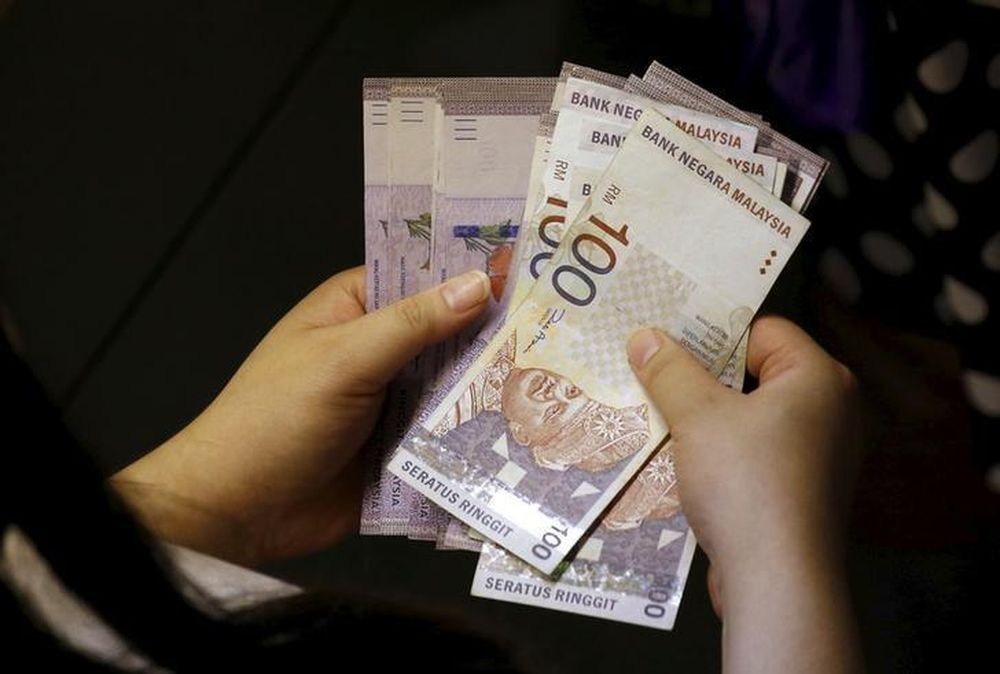KUALA LUMPUR, Nov 17 — The over RM80 million in proposed allocations for the controversial Special Affairs Department (Jasa) and the local community mobilisers (Penggerak Komuniti Tempatan (PeKT)) programme could be used to help almost 15,000 people with a RM1,000 monthly assistance for six months, a PKR MP said today.
Kangar MP Noor Amin Ahmad questioned the government’s budget director’s justification of the proposed allocation for the revival of Jasa as well as an additional RM80 million planned allocation for Jasa, along with the planned RM8.6 million allocation for PeKT, suggesting that this indicated misplaced priorities.
“I think this is not needed, because if today the government decides to give a cash aid of RM1,000 per month for six months — also the amount given to Jasa and PeKT — almost 15,000 persons can be helped. That is from the aspect of priority, I hope it will be reconsidered,” he said in Dewan Rakyat today while debating the bill for Budget 2021.
A quick calculation by Malay Mail showed that a monthly allocation of RM1,000 for six months for 15,000 individuals would translate to RM90 million.
A check by Malay Mail of the Communications and Multimedia Ministry’s planned allocations in the federal government’s estimated federal expenditure for 2021 shows a proposed RM4 million for Jasa (with RM2.4628 million of this RM4 million to go to emoluments or salaries of a planned 52 personnel) and a proposed amount of nearly RM81.55 million (including about RM4 million for emoluments and almost RM74 million for services and supplies) for the expansion of Jasa.
Jasa — best known as a propaganda unit from the era of the Barisan Nasional (BN) administration — was dissolved in May 2018 by the Pakatan Harapan government that had pursued an austerity campaign to address the national debt inherited from the BN government.
Prior to that, the BN government had allocated RM30 million for the unit in its Budget 2018.
As for PeKT, a planned allocation of RM8,627,200 or RM8.627 million has been set aside by the Housing and Local Government Ministry for PeKT as one of its special programmes.
Recently, Datuk Abdul Rashid Asari who heads the ruling party Parti Pribumi Bersatu Malaysia’s Selangor chapter reportedly said PeKT activists will be paid a monthly allowance of RM2,000 for their service in representing the Perikatan Nasional (PN) government in Opposition-ruled states and that they would also receive an annual RM10,000 allocation for serving in such states.
He had reportedly said that 288 PeKT activists to be appointed from among PN party members would serve in local councils in the Opposition states of Penang, Selangor and Negri Sembilan where they “are equivalent to councillors but without a seat”.
During his parliamentary debate of Budget 2021, Opposition Leader Datuk Seri Anwar Ibrahim accused PeKT of being a politically motivated tool, saying its RM8.6 million would be better spent if channelled to Covid-19 frontliners instead.
Today in Noor Amin’s debate in the Dewan Rakyat, he also questioned the government’s reduction in allocations for subsidies and social assistance, noting that the allocation for this item was RM24.3 billion or 8.2 per cent of the estimated budget for 2019, RM22.3 billion or 7.1 per cent in the Budget 2020, but just RM18.7 billion or 5.8 per cent in the government’s proposed Budget 2021.
“So for me, this is certainly the wrong priority. Which subsidy and social assistance was cut or reduced by the Finance Ministry this time and what is the reason?” he said, before urging for proper coordination to ensure the actual needs of the public are met such as medical aid including insulin injections instead of just the typical food aid.
Noor Amin also highlighted procedural difficulties that may stand in the way of needy Malaysians receiving aid, noting feedback that the complex application process for financial aid for Bumiputera entrepreneurs as an issue.
“We should realise in this Covid-19 pandemic, many lost their jobs and just wanted to start businesses. They may not be eligible to apply for any aid as they don’t have documents verifying that they were traders before this, so they are left hanging. For many “Mak Cik Kiah” doing business by the roadside, they may not even have business licences.
“What is the cause and what are the steps taken to address this issue? Are recipients who have been approved truly been identified as the actual target group that need help and wish to be helped?” he asked while urging the government to review this.
Noor Amin also suggested that the government intervene as a moderator to discuss with e-hailing companies and other online services to reduce the charges imposed on service providers, such as by discussing for a trimming of the 20 per cent charge by Grab on drivers per trip to 10 per cent or 15 per cent.
Noting a recent World Bank study that showed 60.5 per cent of jobs in Malaysia cannot be done at home and 50.9 per cent require high-level physical contact, he also urged the Human Resources Ministry to pay attention to this matter and for the Entrepreneur Development and Cooperatives Ministry to help those seeking to start businesses to access the market.
Among other things, he proposed that the Human Resources Ministry take the necessary steps to address cases of workers who were retrenched but were not given letters of termination of employment as this may cause them to be omitted from the scope of eligible recipients of government aid.



















